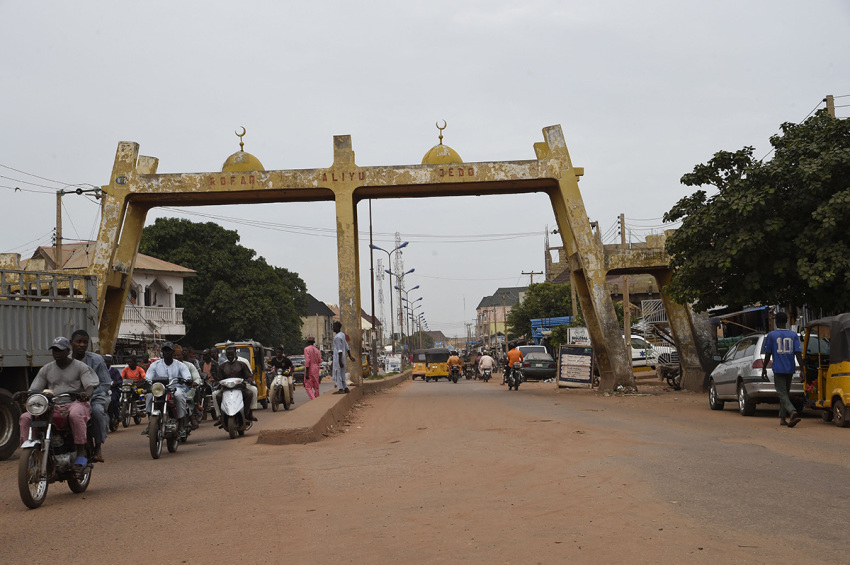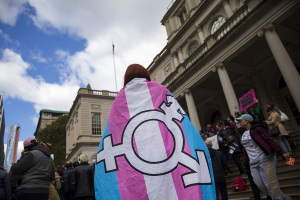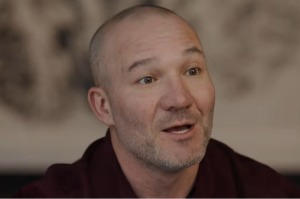USCIRF report warns of deteriorating religious freedom in Nigeria, implores State Dept. to take action

The U.S. Commission on International Religious Freedom has warned that religious freedom is deteriorating in Nigeria because of rising violence by non-State actors, and "poor governance" is driving and aggravating that violence, calling on the State Department to take action.
“In recent years, nonstate actor violence has increased in most parts of Nigeria, and this violence has yielded devastating humanitarian and human rights consequences, including but not limited to violence based on religion and other violations of Nigerians’ rights to freedom of religion or belief,” USCIRF says in a report on violence in Africa’s most populous country.
“Violence that infringes on freedom of religion or belief in Nigeria includes militant Islamist violence, identity-based violence at the intersection of religion, ethnicity, and geographic heritage, mob violence against individuals accused of blasphemy, and violence impacting worship,” explains the commission, a congressionally mandated body of independent experts tasked with advising the federal government on religious freedom issues.
According to a recent study from the Anambra-based International Society for Civil Liberties and Rule of Law (Intersociety), at least 60,000 Christians have been killed in the past two decades in Nigeria. The organization, which is run by Christian criminologist Emeka Umeagbalasi, reported that hundreds of churches had been threatened, attacked, closed, destroyed or burned in 2021 alone.
The commission points out that Nigeria is battling several concurrent security crises and the militant Islamist groups that originated in the northeast region have now expanded their territory west and south.
“In several regions, criminal armed groups target civilians and infrastructure to enrich themselves and expand territorial control. In areas of the northwest, northcenter, and south, resource conflicts and population movements have heightened group tensions and yielded deadly cycles of retaliatory identity-based violence. In the southeast, separatists associated with the Biafran liberation movement have taken up arms to fight for secession.”
As a result, many Nigerians face a “daily threat of violence,” USCIRF says.
Militant Islamist groups, including the Islamist State in West Africa Province, Boko Haram and Ansaru, have political and ideological objectives, including to overthrow secular governance in Nigeria and enforce a particular interpretation of Islam, the commission says, adding that their methods to achieve them often have devastating humanitarian and religious freedom consequences.
Intersociety said in its report that an estimated 10 million people had been uprooted in northern Nigeria, where extremist violence was most severe, from July 2009 to July 2021.
The report added that about 2,000 Christian schools were attacked during that time.
The atrocities included “massacres, killings, mutilations, torture, maiming, abductions, hostage-taking, rape, girl-child defilements, forced marriages, disappearances, extortions, forceful conversions and destruction or burning of homes and sacred worship and learning centers,” Intersociety reported.
ISWAP currently presents the largest threat while factions of Boko Haram and the al-Qaeda affiliate Ansaru also operate in some regions, and these groups target non-Muslim communities as well as Muslims who disagree with or oppose their interpretation of Islamic practice and tradition.
Many have raised concerns about what they perceive as the government’s inaction in holding terrorists accountable for the rising number of murders and kidnappings, which some groups warn have reached the level of genocide.
In its report, USCIRF recommends that the State Department designate Nigeria as a Country of Particular Concern for “engaging in and tolerating systematic, ongoing, and egregious violations of religious freedom.”
Countries subject to the State Department’s “CPC” designation face negative consequences, including the possibility of crippling sanctions.
“Numerous analyses and policy reports corroborate that poor governance is one of the main drivers of violent conflict throughout the country,” says the commission, which visited Nigeria in June and was told by various stakeholders about the government’s inability to provide services, security and justice equitably across its population.
However, in the 14 years that USCIRF has recommended Nigeria be designated as a CPC, the State Department has only accepted its recommendation a single time, in 2020 under the Trump administration, the U.S.-based persecution watchdog International Christian Concern points out.
Nigeria was taken off the CPC list by the Biden administration the following year, which was “an unprecedented move” that drew widespread criticism from human rights groups and USCIRF, which called the delisting “unexplainable,” ICC adds.



























